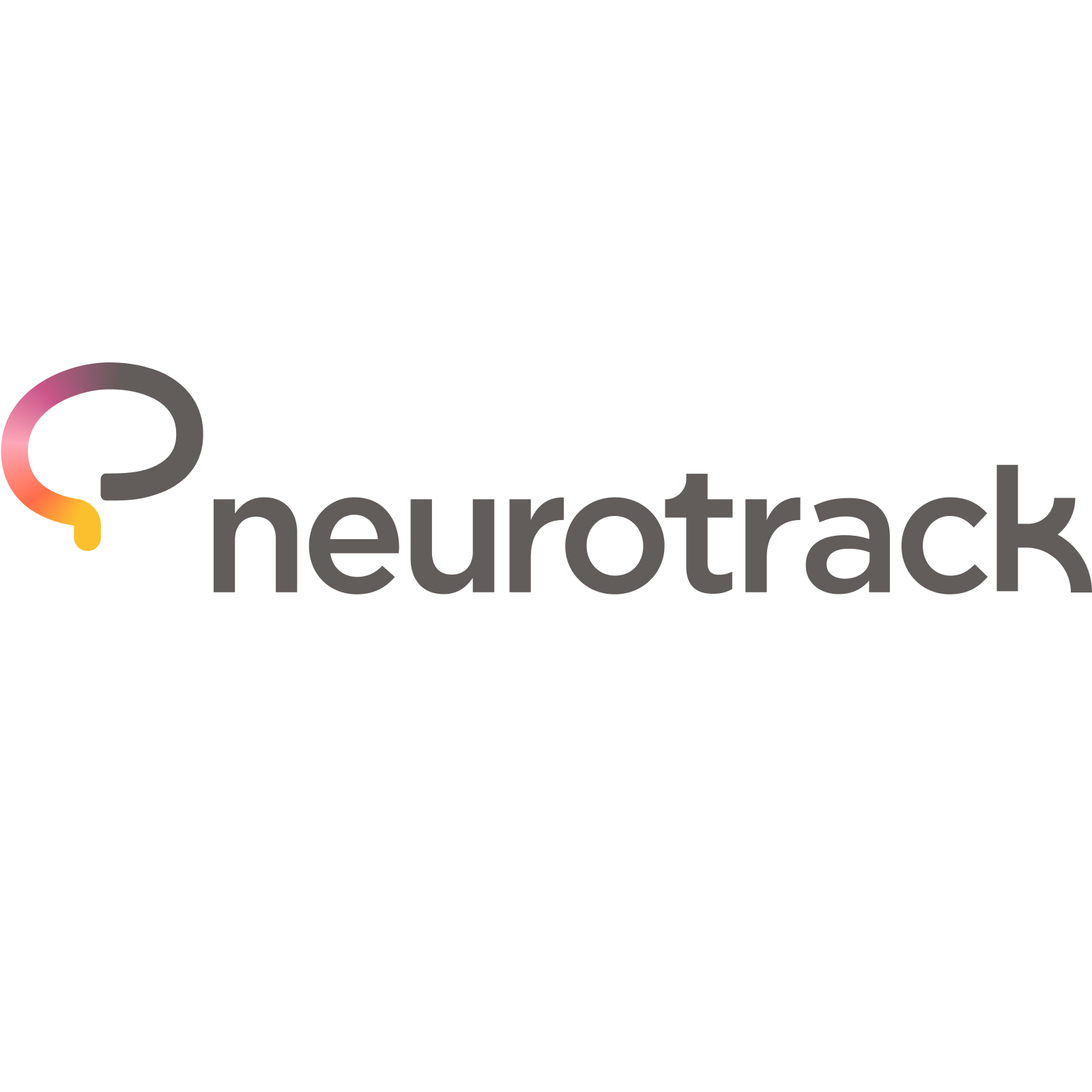Foods to Add and Avoid on the MIND Diet
Just like the rest of your body, your brain works best when it gets nutritional foods. Some foods are especially helpful for the brain. Others can speed up decline if eaten too often.
The MIND Diet (Mediterranean-DASH Intervention for Neurodegenerative Delay) helps protect memory and thinking. Research shows it lowers the risk of Alzheimer’s disease and dementia, even in people who follow it loosely. Studies show that people who stuck closely to the MIND Diet had about a 50% lower risk of Alzheimer’s.
Add these foods:
Greens. At least one serving daily. Eating six or more servings of leafy greens like spinach, kale, or romaine per week slows cognitive decline.
Berries. Two or more servings each week. Blueberries and strawberries are linked to better memory.
Nuts. Five or more servings per week. People who eat a handful of nuts daily show better cognitive scores than those who do not.
Whole grains. Three servings a day, such as oatmeal, brown rice, or whole-grain bread and pasta. Whole grains support steady blood flow to the brain.
Beans. Four or more servings per week. Beans provide fiber and minerals that improve artery health and help brain cells use energy.
Fish. One serving per week, baked or grilled. Fish provides omega-3 fats that protect the brain.
Poultry. Two servings per week of chicken or turkey. Poultry gives choline, a B vitamin that supports brain function.
Extra virgin olive oil. Use daily for cooking or in salad dressings. It contains antioxidants that may protect memory.
Red wine. A small glass per day may be beneficial. If it’s hard to limit, avoid alcohol altogether.
Cut back on these foods:
- Butter, margarine, and coconut oil. Cook with olive oil when possible.
- Red meat is best kept to no more than four servings per week.
- Sweets, pastries, candy, and sugary drinks. If you want a treat, dark chocolate in moderation is a healthier option.
- Fried foods. They are harmful for brain and heart health.
- Whole-fat cheese. Limit to small amounts.
References:
- Fekete M, Varga P, Zoltan Ungvari, et al. The role of the Mediterranean diet in reducing the risk of cognitive impairment, dementia, and Alzheimer’s disease: a meta-analysis. GeroScience. Published online January 11, 2025. https://doi.org/10.1007/s11357-024-01488-3
- National Institute on Aging. What Do We Know About Diet and Prevention of Alzheimer’s Disease? National Institute on Aging. Published November 20, 2023. https://www.nia.nih.gov/health/alzheimers-and-dementia/what-do-we-know-about-diet-and-prevention-alzheimers-disease
- Gong Y, Chen H, Gu Y, et al. Healthy dietary patterns in relation to cognitive performance and Alzheimer’s disease mortality. The Journal of Prevention of Alzheimer’s Disease. Published online March 6, 2025:100100. https://doi.org/10.1016/j.tjpad.2025.100100
- Soest van, Beers S, van, C.P.G.M L. The MIND diet for the ageing brain: a systematic review. Advances in Nutrition. 2024;15(3):100184-100184. https://doi.org/10.1016/j.advnut.2024.100184
- Li J, Capuano AW, Agarwal P, et al. The MIND diet, brain transcriptomic alterations, and dementia. Alzheimer's & Dementia. Published online August 11, 2024. https://doi.org/10.1002/alz.14062


